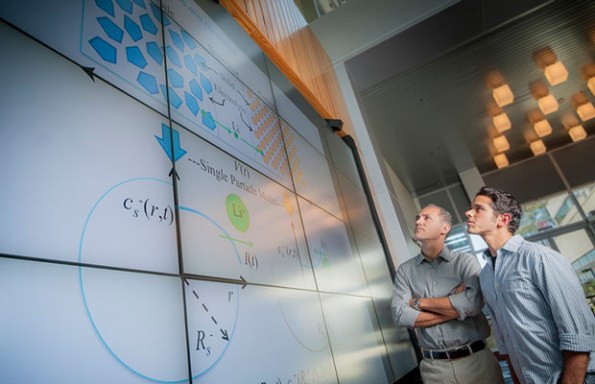When the average researcher takes a look at a lithium battery and decides that it needs to charge faster, they might look to the latest graphene technology or construct a new anode, however, researchers at the University of California, San Diego, have a somewhat different approach.

The team, which was subsequently awarded £285,000 by the Department of Energy for its work, was able to half the charging time for lithium-ion batteries, simply by applying a little mathematics to the mix. We say simply and, of course this isn't really the case, as the equations used are statistical models that predict where in a battery lithium ions are likely to be located at any one time in-order to adjust the charging routine appropriately.
Aside from slashing charge times, this new technique will result in batteries that are 25 per cent cheaper to produce and that run in a more efficient manner. Industry is always screaming out for superior power storage and so this research is very welcome indeed and, will likely wind-up in real consumer products in the not-too-distant future.













